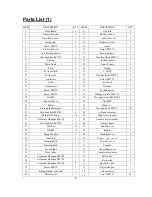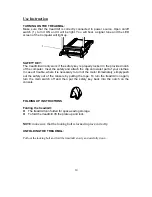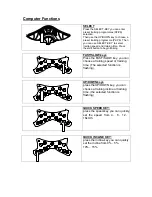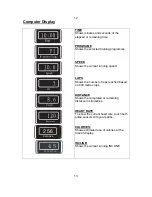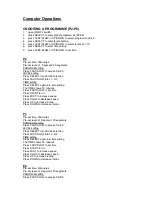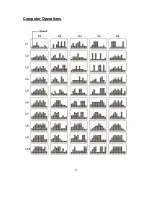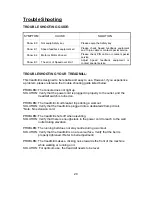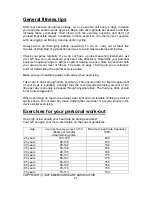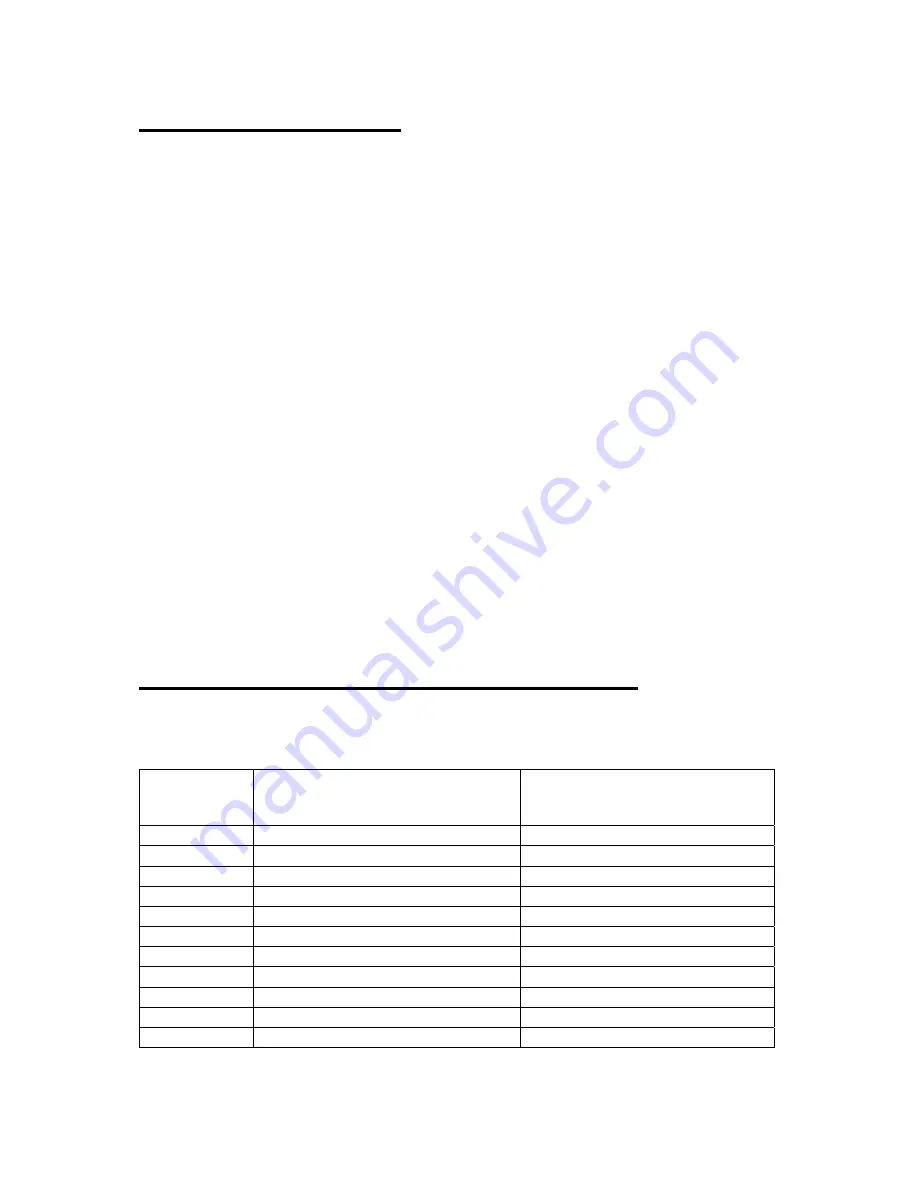
General fitness tips
Start your exercise programme slowly, i.e. one exercise unit every 2 days. Increase
your exercise session week by week. Begin with short periods per exercise and then
increase these continually. Start slowly with the exercise sessions and don’t set
yourself impossible targets. In addition to these exercises, do other forms of exercise
such as jogging, swimming, dancing and/or cycling.
Always warm up thoroughly before exercising. To do so, carry out at least five
minutes of stretching or gymnastic exercises to avoid muscle strains and injuries.
Check your pulse regularly. If you do not have a pulse measuring instrument, ask
your GP how you can measure your heart rate effectively. Determine your personal
exercise frequency range to achieve optimal training success. Take into account both
your age and your level of fitness. The table on page 16 will give you a reference
point for determining the optimal exercise pulse.
Make sure you breathe regularly and calmly when exercising.
Take care to drink enough while exercising. This ensures that the liquid requirement
of your body is satisfied. Consider that the recommended drinking amount of 2-3
litres per day is strongly increased through physical strain. The fluid you drink should
be at room temperature.
When exercising on the device always wear light and comfortable clothing as well as
sports shoes. Do not wear any loose clothing that could tear or become caught in the
device whilst exercising.
Exercises for your personal work-out
How high or low should your heart rate be during exercises?
Your GP can give your more information on the current guidelines.
Age
Heat rate frequency range 50-75%
(beats per minute)
- ideal training pulse -
Maximum heart rate frequency
100%
20 years
100-150
200
25 years
98-146
195
30 years
95-142
190
35 years
93-138
185
40 years
90-135
180
45 years
88-131
175
50 years
85-127
170
55 years
83-123
165
60 years
80-120
160
65 years
78-116
155
70 years
75-113
150
COPYRIGHT(c) 1997 AMERICAN HEART ASSOCIATI0N
21

